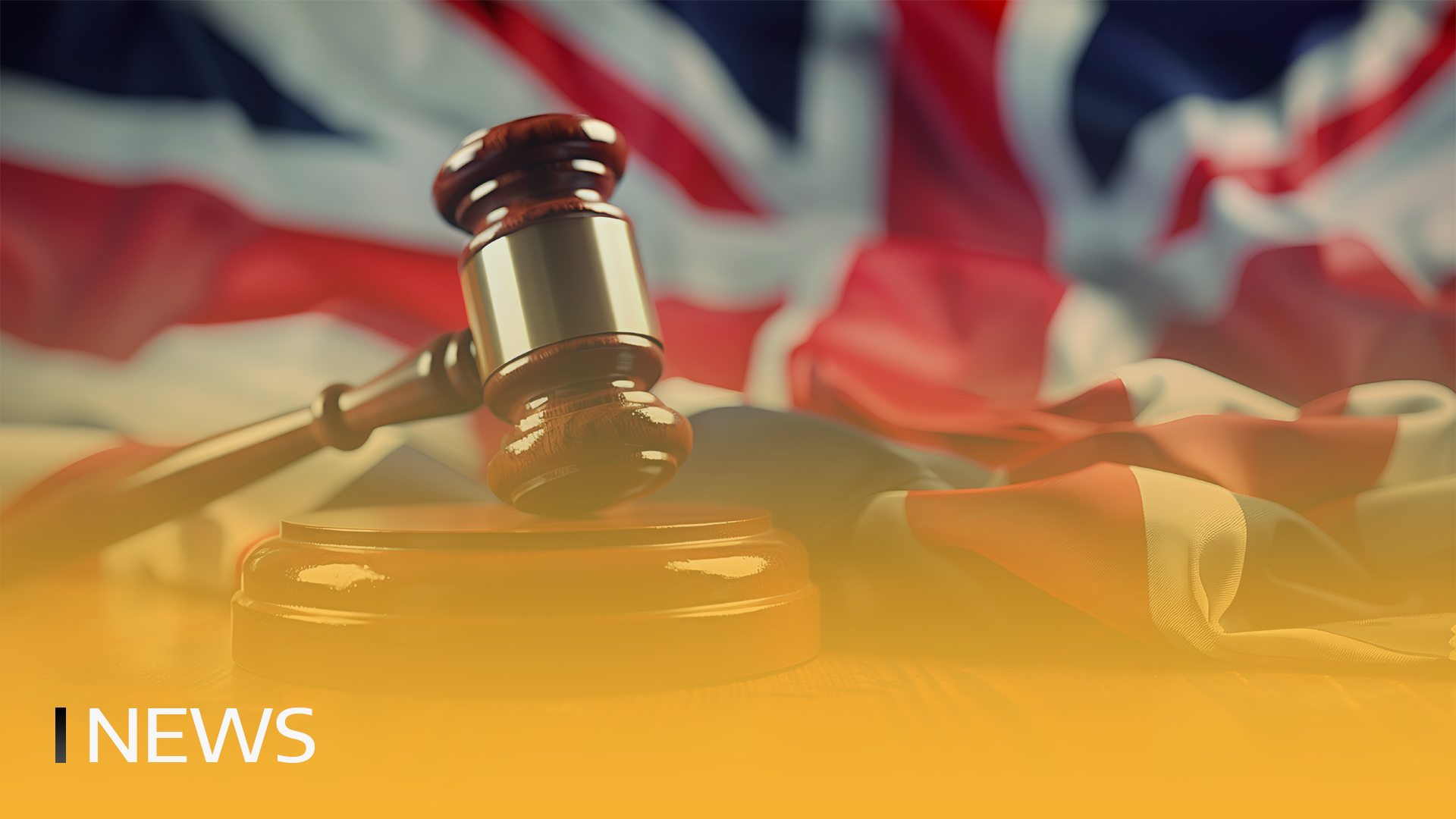UK Rules Stablecoin Tether is Property
13 Sep, 2024 ● Vijesti o kovanicama

The United Kingdom High Court has ruled that the stablecoin Tether is considered property, marking the first ruling under English law regarding the treatment and status of cryptocurrency after a full trial.
The legal status of Tether was a preliminary issue in a case involving a fraud victim whose stolen crypto assets — including Tether — were laundered through various crypto exchanges and mixers.
“USDT attract property rights under English law,” stated High Court of Justice Deputy Judge Richard Farnhill in the September 12 ruling.
The judge further explained that USDT represents "a distinct form of property not premised on an underlying legal right" and can be "subject of tracing and can constitute trust property in the same way as other property."
He referred to a "strong line of authority" recognizing cryptocurrencies as property, citing a 2019 judgment from the same court that had not been tested at trial.
This view aligns with the 2023 digital assets report by the England and Wales Law Commission, which also classified digital assets as property.
This ruling was issued just one day after a UK government bill proposed that non-fungible tokens (NFTs), cryptocurrencies, and carbon credits should be regarded as “things” and "personal property" under property laws.
In this case, the plaintiff, Fabrizio D'Aloia, failed to demonstrate that the Thai exchange BitKub was "enriched" by receiving 400,000 USDT — of which 46,291 USDT was allegedly traced back to D'Aloia's fraudsters — according to the judge's ruling.
Judge Farnhill acknowledged the occurrence of fraud but was not convinced that a BitKub wallet had received D'Aloia's USDT, largely due to the involvement of crypto mixers.
Nicola McKinney, a partner at Quillon Law who represented BitKub, explained to Cointelegraph that while the judge concluded that USDT could, in theory, be identified within mixed pools, D'Aloia "could not evidence on the balance of probabilities that any of his USDT could be traced to the relevant Bitkub wallet."
Farnhill also stated that there was no "defective transaction" between D'Aloia and BitKub to undo, adding:
“The legal link connecting Mr D’Aloia with Bitkub is simply missing from his claim. For this reason, too, he cannot succeed in his breach of trust claim.”
Matt Green, head of blockchain and digital assets at the law firm Lawrence Stephens, told Cointelegraph that this case serves as a lesson for analytical report providers to ensure that evidence is clearly presented to the courts.
“It is vital that legal teams understand the fact patterns carefully in order to advance proprietary claims and ensure mixing issues are dealt with accordingly,” he said.
The court learned that D'Aloia had transferred a total of 2.5 million British pounds ($3.3 million) to the fraudsters in multiple transactions.
D'Aloia also named Binance, Polo Digital Assets, Gate Technology Corp, Aux Cayes Fintech, and the scammers — listed as "persons unknown" — in his suit.
An application for summary judgment against these parties is to be determined, with consequential orders to be addressed at a later date.
Sources:
https://cointelegraph.com/news/uk-court-tether-is-property-first-enligsh-ruling-after-trial
https://mediaserver.responsesource.com/mediabank/33686/DrsquoAloiavPersonsUnknownandOthers.pdf



